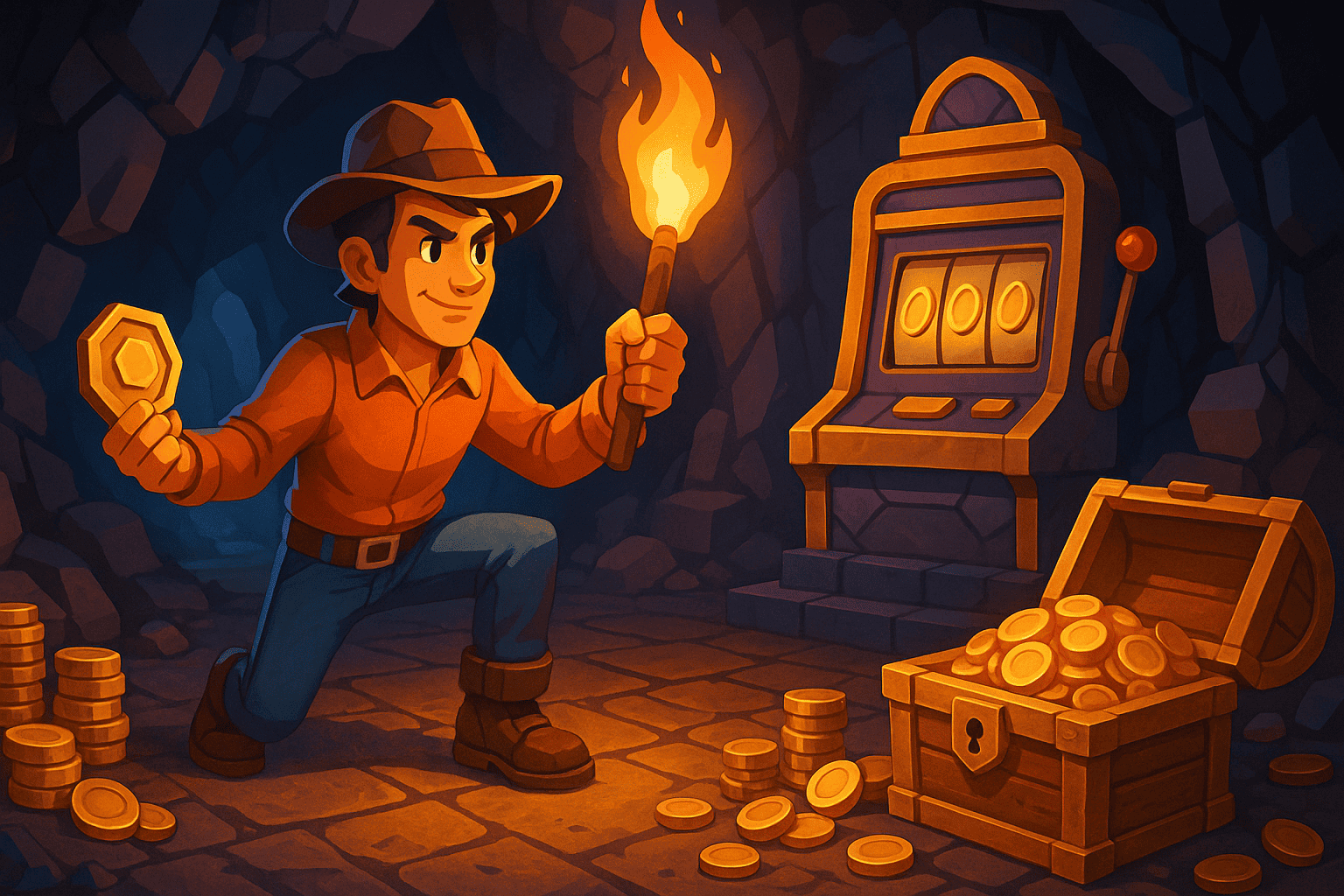
In ancient Rome, dice (alea) were so central to life that Julius Caesar immortalized the phrase “Alea iacta est” — the die is cast — when he crossed the Rubicon. It wasn’t just a military act; it was a declaration of surrender to fate.
In Asia, fortune takes a different form. Through the I Ching, karma, or feng shui, randomness is not feared but interpreted — a message from the universe, not an error in the code.
Fast-forward to the digital age, and that same tension between control and chaos has migrated online.
Cryptocurrencies, blockchain, and gaming tokens have transformed fortune into programmable chance.
The dice have become algorithms; the gods of fate replaced by cryptographic hashes. Yet the human feeling — that delicious uncertainty before the outcome — remains unchanged.
Projects like PoolTogether or LuckyBlock use blockchain to host lottery systems where the random draw is mathematically verified and publicly auditable.
NFT-based games turn rarity into economic value — every unique digital item becomes a small altar to luck.
The language of fortune has evolved, but its grammar still sings of suspense, surprise, and meaning.
Even the gambling industry is being rewritten by this shift.
Modern players don’t just want to win — they want to feel the experience of risk.
That’s why hybrid models like are so fascinating.
Blends the thrill of gaming with the mechanics of chance, reimagining the casino through the visual and kinetic language of video games.
Instead of passively watching reels spin, players take part in interactive mini-games inspired by NERF battles, earning coins, bonuses, and even real rewards.
It’s luck you can see, shoot, and shape — a literal conversation between reflex and randomness.
Behavioral psychologists describe luck as a kind of feedback loop — a cycle of anticipation, hope, and response that activates the same neural regions as love and creativity.
We don’t play merely to win; we play to engage with the unknown.
Every pull of a lever, roll of a die, or tap of a “Play” button is a small act of faith in the unpredictable.
In a world increasingly ruled by data and prediction, luck may be the last frontier of freedom.
It’s the rare moment when we can still say, “I don’t know what’s going to happen — and that’s why I’m here.”
And perhaps that’s why humanity never stops negotiating with chance: because luck isn’t just randomness; it’s a mirror of our curiosity.
Today, fortune has not disappeared — it has simply upgraded its interface.
Its new syntax is written in blockchain code and blinking pixels, is part of that grammar — a modern dialect of play and probability, where luck isn’t just a number generator, but a story told one click at a time.
